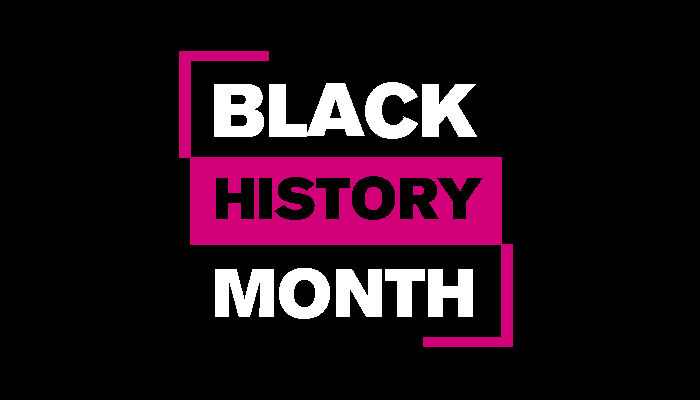
Black History Month is intended to recognise the contributions and achievements of Black people, who push boundaries, achieve excellence and create change daily, within a structural system built against them.
We want to do our bit to mark Black History Month by highlighting how missing disproportionately adversely impacts people from the Black community – and what is being done to change it.
In the UK, some families that the charity supports have told us that racism and discrimination has shaped their experience of reporting a loved one missing to the authorities. We believe there must be a multi-agency response to this problem, including:
As the only charity dedicated to the issue of missing persons, with a platform and a history of campaigning with families to achieve change, we want to work with people with lived experience to make change happen. We also want to be informed by the organisations that are leading work on discrimination.
Missing People is currently working on better understanding experiences of discrimination, including through our evidence gathering survey for those who have experienced racial discrimination. We are hoping this survey will give us a clearer understanding into the scale of the issue so that we can more effectively campaign for change.
To contribute to our evidence gathering survey of those who have experienced racial discrimination in response to someone going missing, or to learn more, please visit below:
People from Black communities continue to be over-represented in missing person numbers – making up 3% of the general population but 14% of missing person reports. It is essential that we work to better understand why this disproportionality exists, and how we can address any causes. We are pleased that researchers from Portsmouth and Goldsmiths Universities are planning to undertake further research to address this.
We know that our organisation needs to continue changing to better meet the needs of people affected from the Black community. The team at Impact Culture – equity, diversity, and inclusion professionals – are currently delivering a series of reflective sessions exploring race equality for us. These sessions raise vital awareness and discussions among staff about marginalisation and oppression within UK society and the workplace.
“This training is a key step for us as we hope to better support Black and other minoritised ethnic missing people and their families. For me and my white colleagues, I’m hoping we will better understand experiences of discrimination and our privilege so that we’re more aware of the systemic issues that are impacting the people we support.” Josie Allan, Policy and Campaigns Manager
Offering fair and equal support to all those who need it is key to who we are as a charity, and we are committed to understanding more, through listening to those with lived experience, so that we can hold ourselves accountable, better support families, and help to make change happen.
Share our appeals
Learn more from some excellent resources
To pass on information about a missing person, you can call or text Missing People, confidentially, on 116 000.
Sign up for emails highlighting missing appeals, information on how to share the appeals, and more information about our work. It is free to join and you can unsubscribe at any time. Find out more.